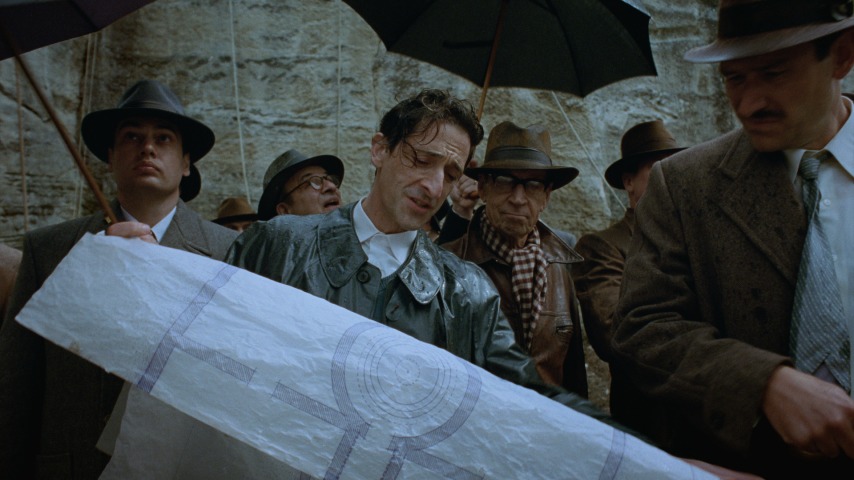Brady Corbet has made "zero dollars" from The Brutalist
Corbet also shared that "many" of this year's Oscar-nominated filmmakers can't pay their rent.
Photo: A24
Much of Hollywood went on strike for residuals and fair wages in 2023, but even today at the pinnacle of the industry, things are still quite bleak. The Brutalist writer-director Brady Corbet was almost completely broke at one point, despite his film receiving 10 Oscar nominations this year. In a conversation on Marc Maron’s WTF With Marc Maron podcast, Corbet shared that he and his life/writing partner Mona Fastvold received “zero dollars” for their last two films, forcing him to take a job directing advertisements in Portugal recently. “It’s the first time that I had made really any money in years,” Corbet said. “We had to just sort of live off of a paycheck from three years ago.”








































